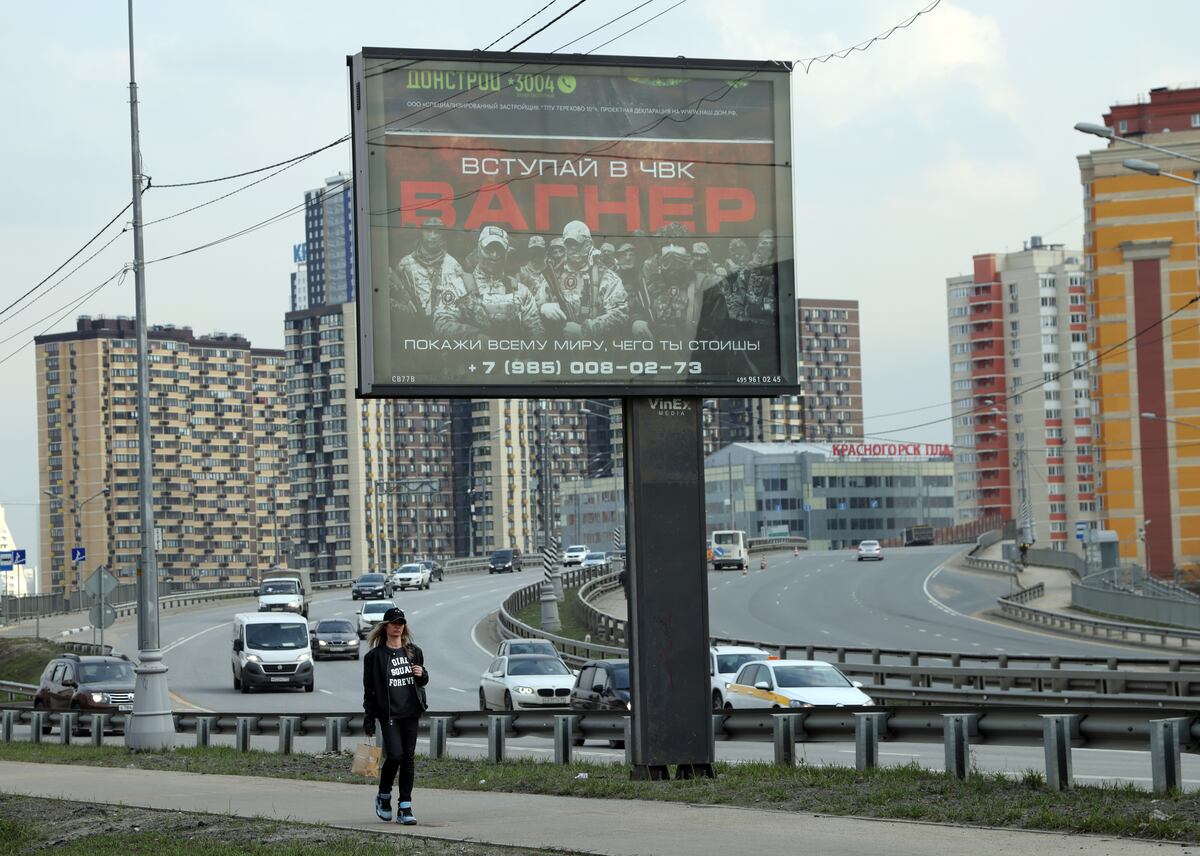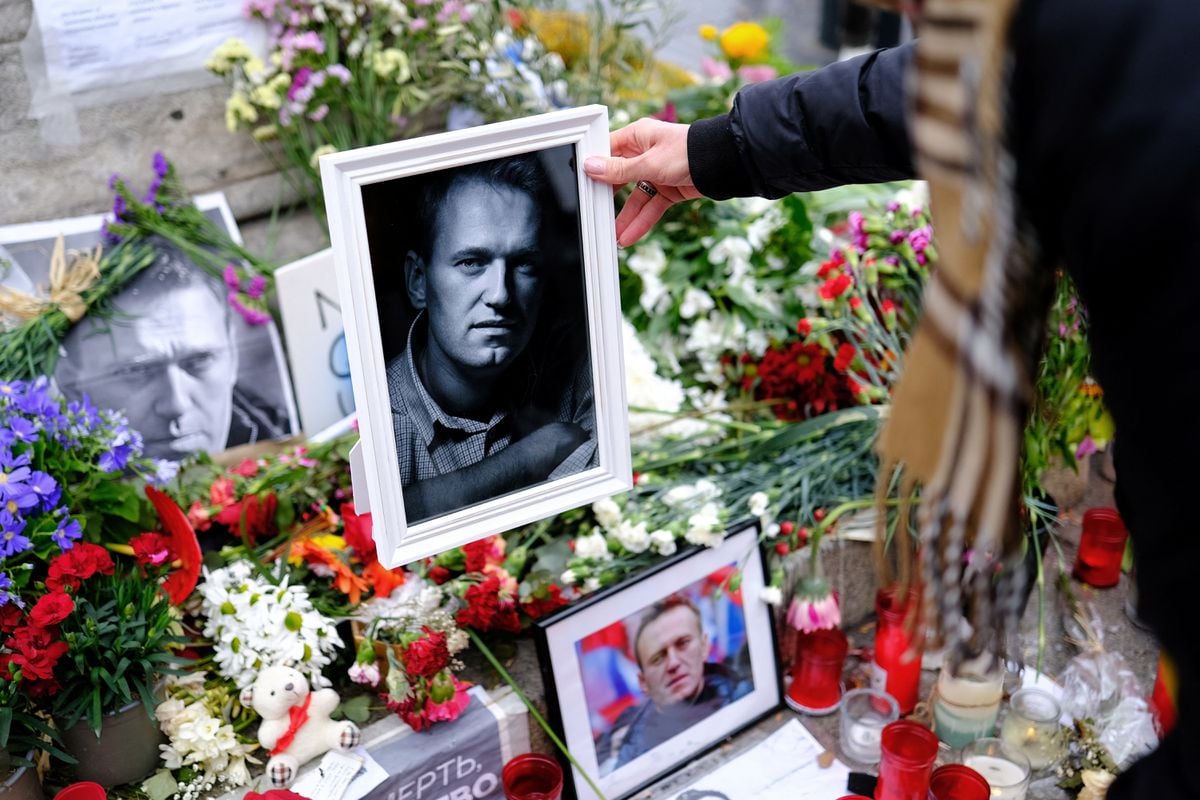Alexéi Navalni, the Russian opponent admitted to a Berlin hospital for an alleged poisoning is in a "stable" condition and the symptoms of intoxication are beginning to subside, as reported this Friday by the medical center of the German capital. The patient remains in an intensive care unit, in an induced coma and on artificial respiration. The statement from the clinic adds that his health is still "serious, without his life being in danger."
Last weekend a German NGO organized the evacuation of Navalni, an arch-enemy of the Kremlin. He was transported from a hospital in Siberia to the German capital in a medicalized plane, after Navalni showed symptoms of poisoning, according to accusations from his surroundings. The Russian anti-corruption activist, known to an army of enemies, had sipped tea before taking off in Tomsk, Siberia. According to his spokesman, that tea was the only thing he had ingested all day.
The Charité university hospital, where the patient was admitted last Saturday, has also detailed this Friday that "the symptoms of the cholinergic crisis, unleashed by cholinesterase inhibition, are being reduced." German doctors add that it is still too early to determine the possible long-term effects of "severe patient poisoning."
The Berlin hospital center indicated last Monday that preliminary analyzes "point to poisoning." Navalni, 44, is being treated with atropine. Doctors have not yet identified the specific substance that caused the poisoning. The specialists of the hospital in which Navalni was treated in Russia deny, however, that there are any other toxic substances in the patient and reject the thesis of poisoning.
The Navalni case has further strained the already strained relations between Berlin and Moscow, which this Thursday also reverberated throughout the European Union. German Foreign Minister Heiko Maas warned of possible diplomatic consequences once Berlin had all the information. Something similar assured the Chancellor herself, Angela Merkel, who defended a joint European reaction. “You have to do what is necessary to clarify the case. When we have more information and if there is more clarity, we will try to have a European reaction and not just a national one, ”she said at the traditional summer press conference. The German Chancellor recalled the Skripal case , that of the poisoning in 2018 of a former spy in the United Kingdom with a substance known as Novichok and which led to the expulsion of dozens of Russian diplomats from the Union.
German politicians await the result of new clinical tests, which are expected to be announced in the coming days. Asked about this newspaper, a spokeswoman for the Charité indicated that next week there could be new results of the analyzes carried out at the center. Knowing what substance is is relevant, as explained by Minister Maas in Berlin, to be able to know if the alleged poisoning can be related to any of the attacks with toxic substances of which Russian dissident victims have been victims in recent years.
The head of German diplomacy asked Russia to “help clarify the Navalni case ” and to carry out a real investigation. “The background of this act must be fully and transparently investigated. Those responsible, direct and indirect, must be judged ”. Maas made the remarks during a press conference in Berlin, held after the EU foreign ministers meeting. Germany holds the rotating presidency of the EU this semester and on Thursday and Friday it acted as host of the 27 diplomacy heads. In this context, the possibility of a European response to the Navalni case was introduced for the first time in the political debate , according to sources consulted.









